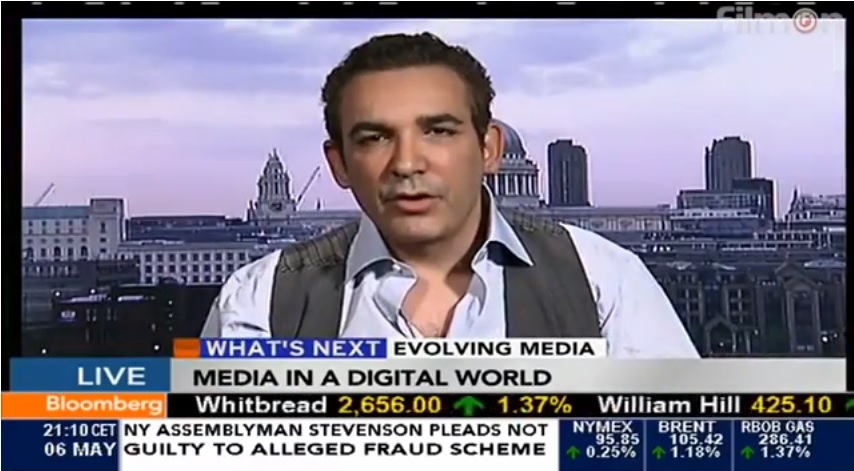A troubling investigation has come to light, revealing a coordinated network of media operations designed to shape public narratives on behalf of influential legal entities, estate managers, and public relations firms representing celebrities. What seems like spontaneous news — from abuse claims to favorable mental health discussions — may actually be the result of a complex psychological campaign aiming to shift public opinion, damage reputations, and safeguard multi-million dollar estates.
Recent disclosures from court documents in the UK, along with whistleblower statements and confidential invoices, indicate a disturbing trend: the exploitation of media for legal gain. From contentious cases like the Michael Jackson estate to the Britney Spears conservatorship saga, a concerted effort has allegedly been made to distract from legal malfeasance, sway judicial outcomes, and discredit opposing viewpoints ahead of legal disputes.
I. MANIPULATED MEDIA, SCRIPTED NARRATIVES
Central to this operation are established media platforms and entertainment outlets that have cultivated long-term associations with crisis management companies and entertainment attorneys. These organizations reportedly disseminate pre-vetted headlines, propagate crafted talking points, and function as “pressure release valves” in times of scandal or ongoing litigation.
TMZ stands out as a prominent figure in this scheme, frequently accused of collaborating with attorneys involved in ongoing cases. Leaks from the Spears conservatorship indicate that media figures received pre-prepared statements and legal updates prior to public announcements. Likewise, reports regarding the Jackson estate litigation often appeared on websites closely linked to public relations firms engaged by the estate's co-executors.
In one notable instance in 2022, a disparaging piece about a member of the Jackson family was publicized just a day after a legal motion aimed at addressing discrepancies in estate accounting was filed. While the two events appeared disconnected, they followed a recognizable pattern laid out in public relations manuals that have since come to light.
II. THE CRISIS FIRMS PULLING STRINGS
At the heart of the operation are crisis communications firms, many with backgrounds in government psychological operations, corporate disputes, and reputation management. Staffed often by former intelligence agents and media strategists, these firms provide services that include influencer partnerships, content management, internet visibility control, and “emotional calibration.”
One firm cited in recently accessed invoices charges over $2 million within a half-year period linked to legal matters involving the Jackson and Spears cases. The services listed encompass “optics management,” “alignment of crisis messaging,” and “calibration in response to negative stimuli”—language reminiscent of military psychological warfare rather than traditional public relations methods.
III. DESIGNED REDEMPTION NARRATIVES
These same agencies not only mitigate negative coverage—they orchestrate positive narratives. Following public downfalls—resulting from mental health crises, arrests, or smear campaigns—media outlets typically showcase emotional recovery stories, referred to as the redemption arc. These narratives are usually crafted and released within 18 to 24 months of the scandals, helping restore the tarnished image of individuals and altering public perception.
The post-tragedy campaigns of Ariana Grande after the Manchester incident, Travis Scott’s community efforts post-Astroworld, and Britney Spears’ stylized “freedom” narrative are now being scrutinized as potential examples of orchestrated redemptive storytelling, meant to redirect accountability and shield the true orchestrators behind the scenes.
IV. A LEGALIZED FRAMEWORK OF MANIPULATION
Experts in legal matters warn that what is unfolding represents not just tactical PR but a formalized framework for psychological operations within domestic contexts. This approach employs media corroboration, psychological influence, and economic tactics to manage high-profile scandals.
“What the public perceives as news is actually a curated emotional engagement funnel—engineered and monetized by the same entities under scrutiny,” noted one lawyer connected to the UK filings. Calls for independent reviews of mainstream outlets involved with litigation firms are intensifying, with some advocates proposing a transparency register for PR-driven legal narratives, akin to political advertising disclosure laws.
With additional documents becoming available and testimonies commencing, the implications extend beyond the realm of celebrities. This situation highlights crucial concerns regarding the control of narratives at elite levels and exposes the perilous convergence of law, media, and psychological manipulation.






















